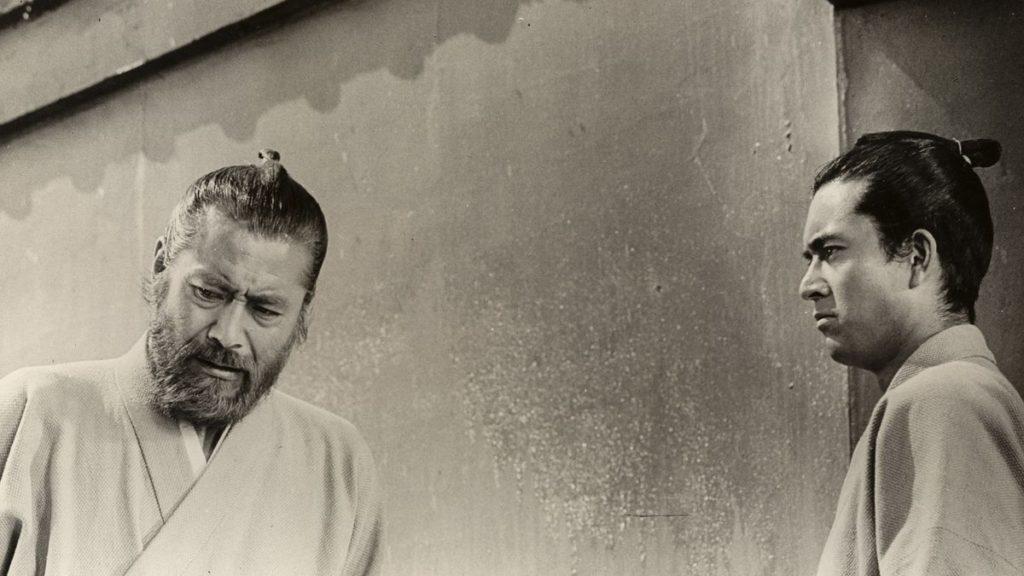To celebrate the upcoming release of my book, Akira Kurosawa: A Viewer’s Guide, due out Dec. 15 from Rowman & Littlefield — preorder here! — I’ll be doing capsule reviews all month covering every single Kurosawa film and posting (very) brief excerpts. These will be short impressions and recommendations, nothing more. For a full, detailed analysis of each, grab the book!
Red Beard (1965)
There has perhaps never been a film partnership as fruitful as the one between Akira Kurosawa and Toshiro Mifune. They made a string of classics together, helping launch one another into international stardom and into the annals of film history.
But due to a personal falling out, Red Beard would be their last film together.
Though not beloved by critics, I think it’s a worthy end to their long-running collaboration. Here, Mifune plays the titular Red Beard, a gruff old doctor running a clinic for the poor. He has an ambitious, and somewhat arrogant young doctor forced on him, and attempts to show him why they do what they do in the only way he knows how: With strict authoritarianism.
Red Beard is more a collection of vignettes than it is a focused narrative. From the book:
On the surface, Red Beard appears to lack a distinct goal or obstacle or thing towards which the protagonist strives – little surprise, as it’s based on a collection of short stories rather than a single narrative arc. There are no bandits to vanquish. No corrupt officials to expose. No criminals to track down. The film is amorphous and exploratory rather than direct. Yet there is something Yasumoto is working towards, though he doesn’t know it: enlightenment. A deeper connection to his fellow human being. An understanding of fragility and an embrace of compassion.
Critics have not always been kind to this film, arguing that it is often philosophically opposed to the director’s previous work, that it is unfocused, and that it is an ill end to his long work with Mifune. I disagree, and long have. For me, Red Beard is a stirring, beautiful exploration of compassion and the varying roads we all take to get there. It’s long, yes, and it is at times slow, but I do not hesitate to recommend it. In fact, I’d go so far as to say it’s one of Mifune’s most interesting, nuanced roles.
Check out my upcoming book for a full analysis exploring this film’s ideas, themes, good points, and bad
You can get the movie in excellent edition by the Criterion Collection.







